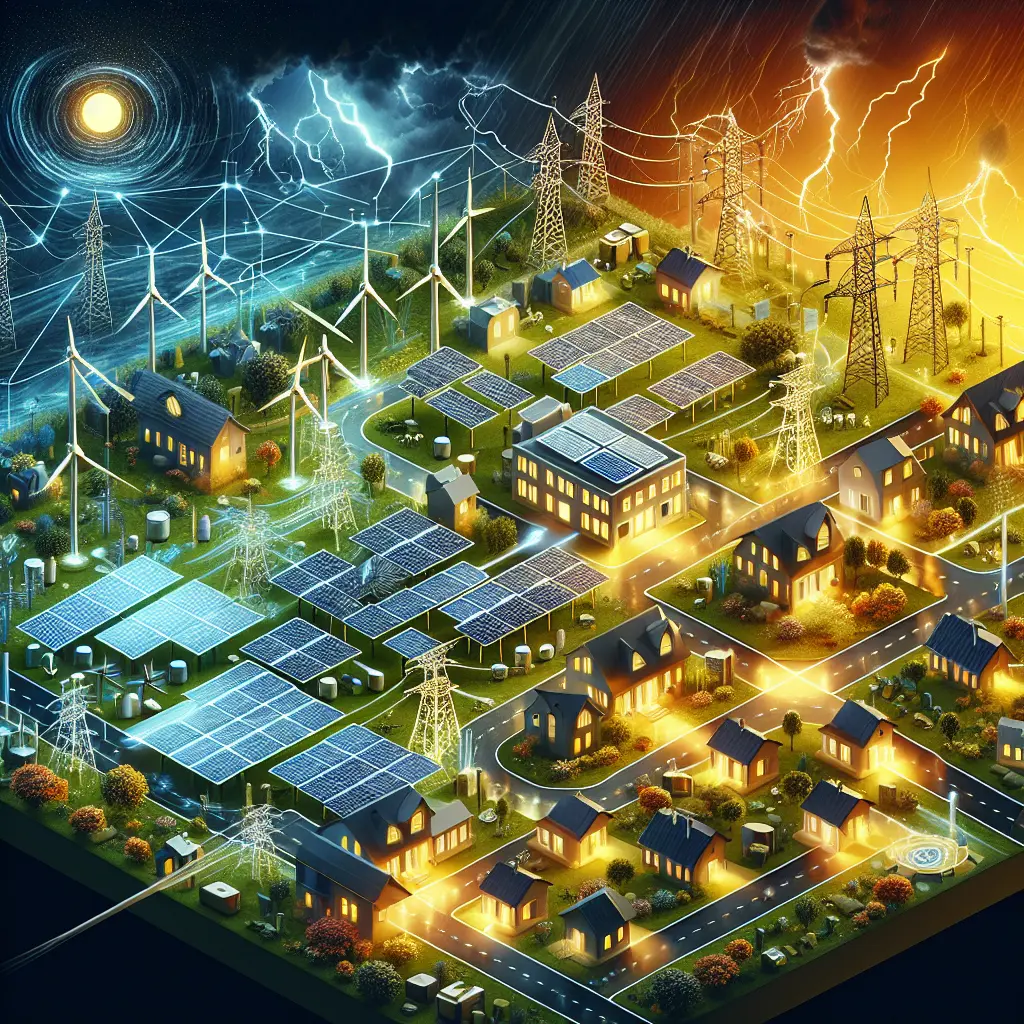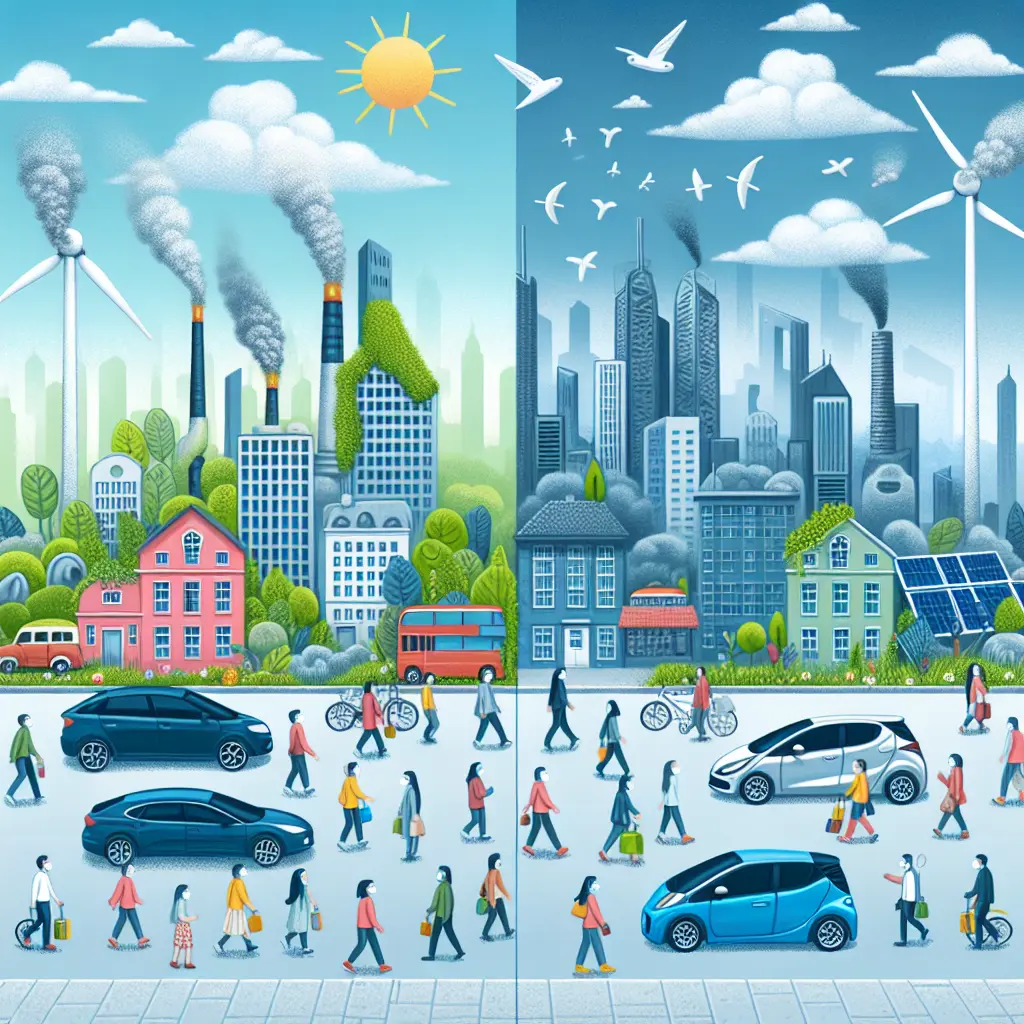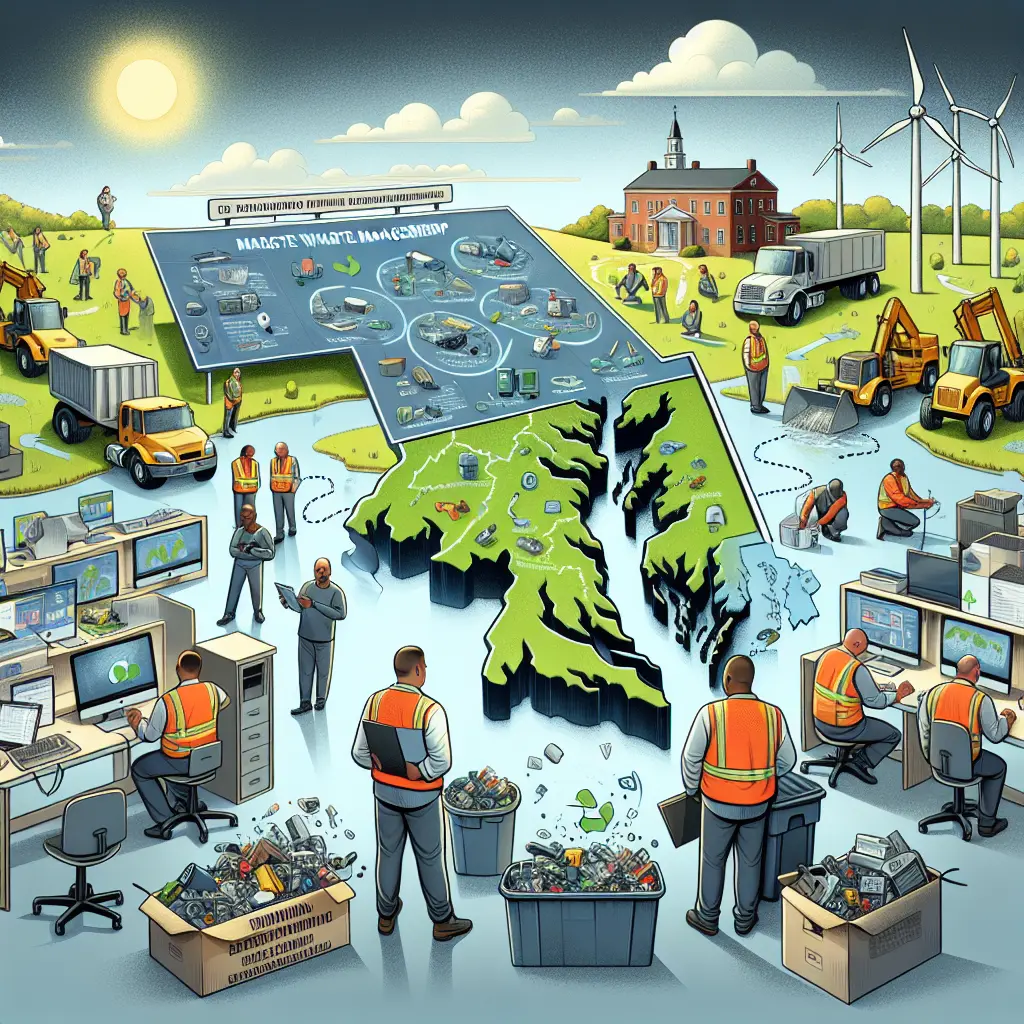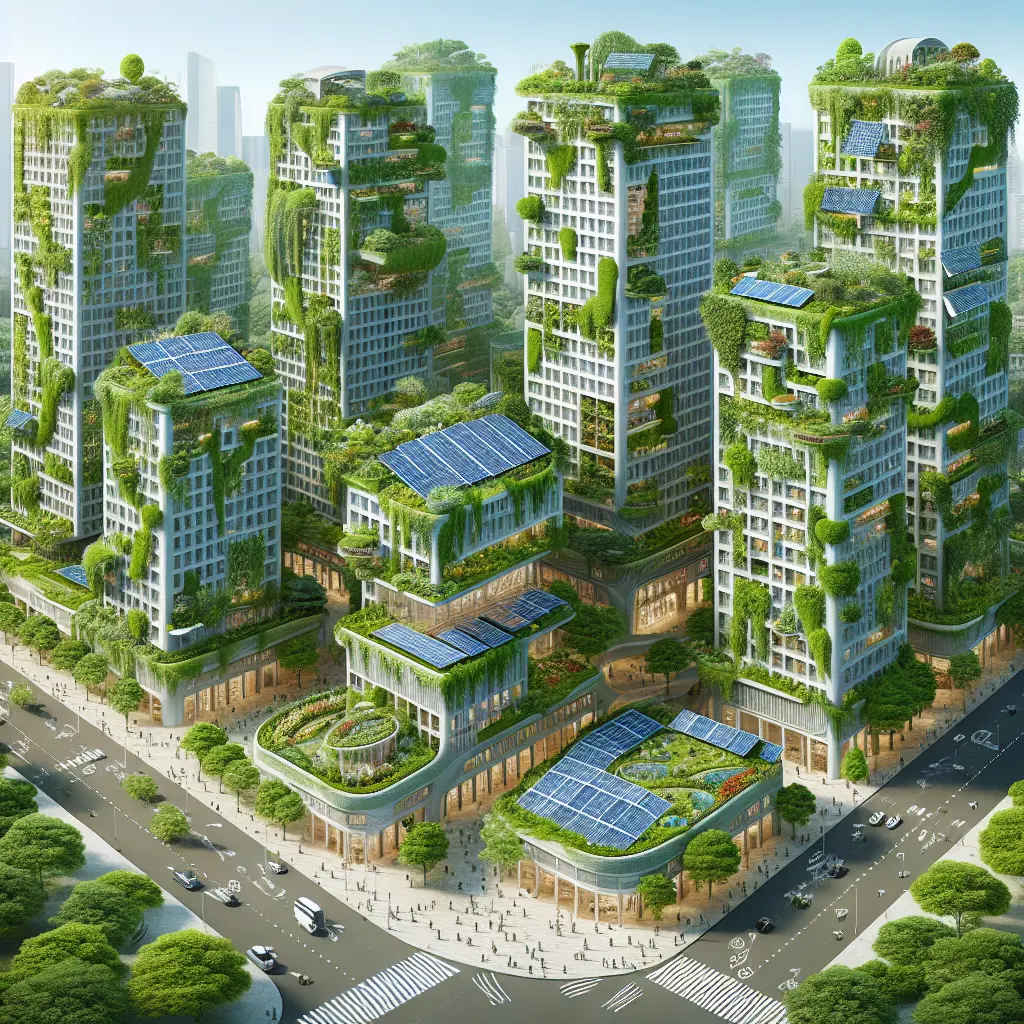In an era where the demand for reliable and sustainable energy solutions is surging, microgrids emerge as pivotal components in enhancing energy resilience. As the backbone of energy security, microgrid systems provide a robust framework for power grid stability and energy independence. These decentralized energy systems harness the potential of local energy generation and distributed energy resources, ensuring communities can withstand disruptions and maintain a steady supply of electricity even when faced with challenges.
In a world increasingly fraught with climate challenges and energy demands, microgrids are more crucial than ever. They are not just backup power solutions but essential components for achieving energy independence, sustainable energy solutions, and grid resilience. Recent developments and contextual insights reveal how these decentralized systems are redefining the landscape of renewable energy.
Microgrids transform the traditional power grid paradigm by enabling local energy generation and facilitating a transition toward more sustainable energy solutions. By integrating distributed energy resources, microgrids empower communities to achieve energy independence and security. This capability is particularly vital in regions prone to natural disasters or those with unreliable central grids.
One of the most significant advancements in microgrid systems is their integration with smart grid technology, which facilitates grid modernization and enhances power grid stability and efficiency. Smart grids allow for real-time monitoring and control, optimizing energy distribution and minimizing wastage.
Community microgrids represent a grassroots approach to enhancing energy resilience. These systems enable localized control over energy resources, allowing communities to become active participants in their energy ecosystems. This not only boosts energy security but also fosters local engagement in sustainable practices.
Harnessing the Potential of Local Energy Generation
For instance, the Paris 2024 Summer Olympics exemplifies how local energy initiatives can drive sustainability. Using recycled mollusk shells for the synthetic floor of the athletics track demonstrates a commitment to local resource utilization, echoing microgrid benefits by reducing carbon footprints and supporting renewable integration. Such innovations contribute to energy resilience and showcase the versatility of distributed energy resources in real-world applications.
A pertinent example is Saudi Arabia's ambitious project, The Line, aiming to be a high-tech 'eco-city.' Despite skepticism from experts regarding its ecological impact, the initiative underscores the potential of smart grid technology to support large-scale sustainable development projects. Leveraging such technology could achieve unprecedented levels of energy efficiency and grid resilience, highlighting microgrids' transformative potential in urban planning.
Consider the case of Lutheran Social Services of South Dakota, which recently ended its early childcare services due to financial sustainability challenges. This situation underscores the importance of community-driven energy solutions. By adopting community microgrids, such organizations could reduce operational costs through improved energy efficiency, reallocating resources to critical services like childcare.
The increasing issue of space junk, as highlighted by PIRG's report on StarLink launches, draws attention to our current infrastructure's fragility. Space debris poses significant risks to satellite-based communication systems that many rely on for information and grid management. Microgrids provide a terrestrial solution by reducing dependency on external networks, ensuring continuous operation even when global systems face challenges.
Renewable Energy Integration: A Cleaner Future
Renewable energy integration is at the core of microgrid benefits, promising a cleaner and more reliable energy future. By supporting solar, wind, and other renewable sources, microgrids enhance environmental sustainability while promoting energy security.
The trend toward more sustainable practices is evident in various sectors, from King's Bentleys' shift to greener operations to using cork in interior design for its eco-friendly attributes (source). These examples illustrate a broader movement toward adopting renewable resources across industries, aligning with the goals of microgrid systems to minimize ecological impacts.
Decentralized energy systems are not merely technological innovations; they represent a strategic shift toward resilience and adaptability in energy infrastructure. This paradigm shift is crucial for communities looking to reduce their carbon footprints while ensuring a steady supply of electricity.
While microgrids offer numerous advantages, their implementation is not without challenges. Issues such as regulatory hurdles, initial costs, and technological integration must be addressed to realize their full potential.
However, as demonstrated by innovative products like the Xbox Sky Cipher Transparent Controller, which incorporates sustainable design principles, there is a growing market for eco-friendly solutions that complement microgrid systems' goals. These developments indicate a positive trajectory toward widespread adoption and acceptance of decentralized energy solutions.










Leave a Comment